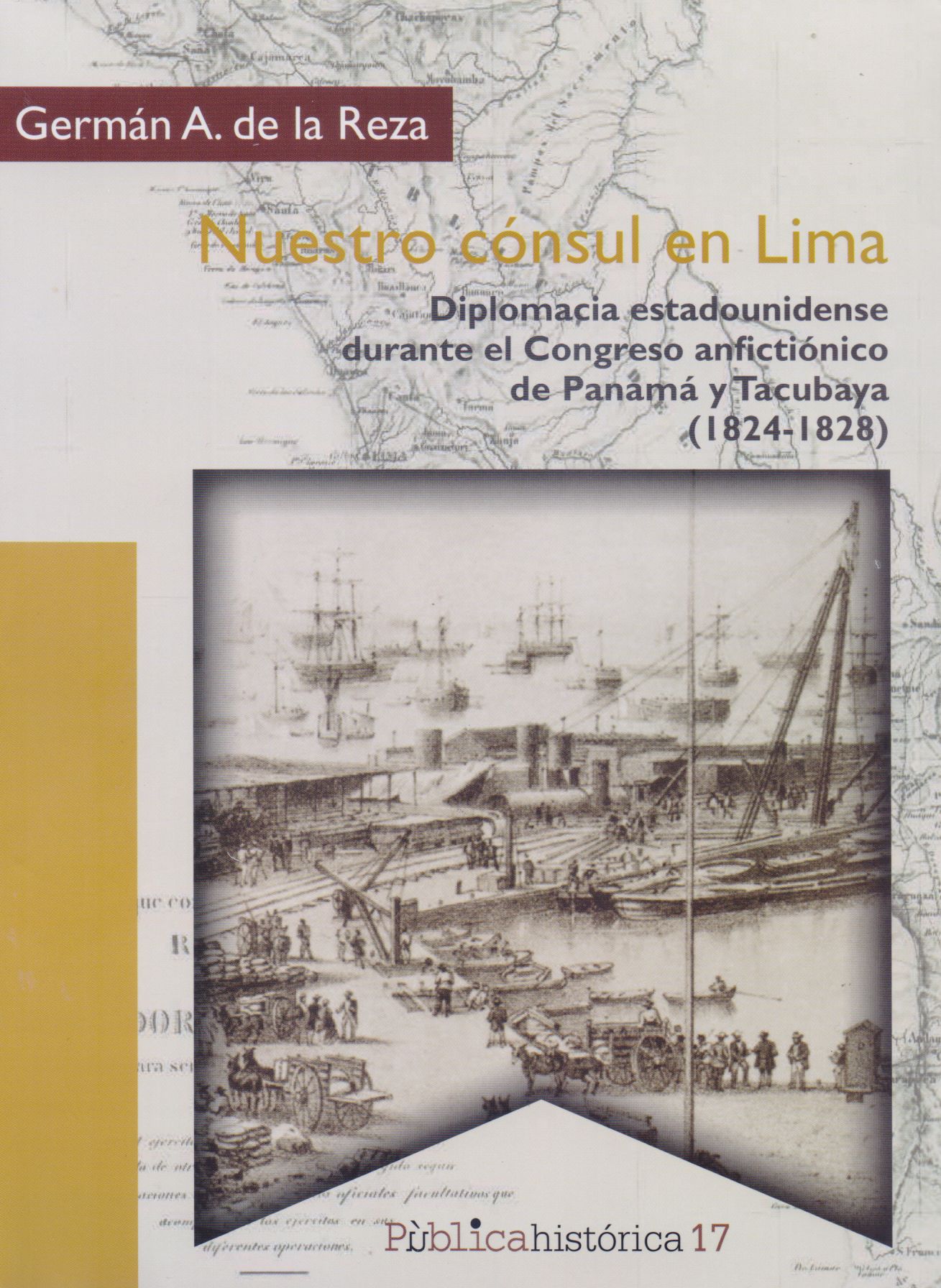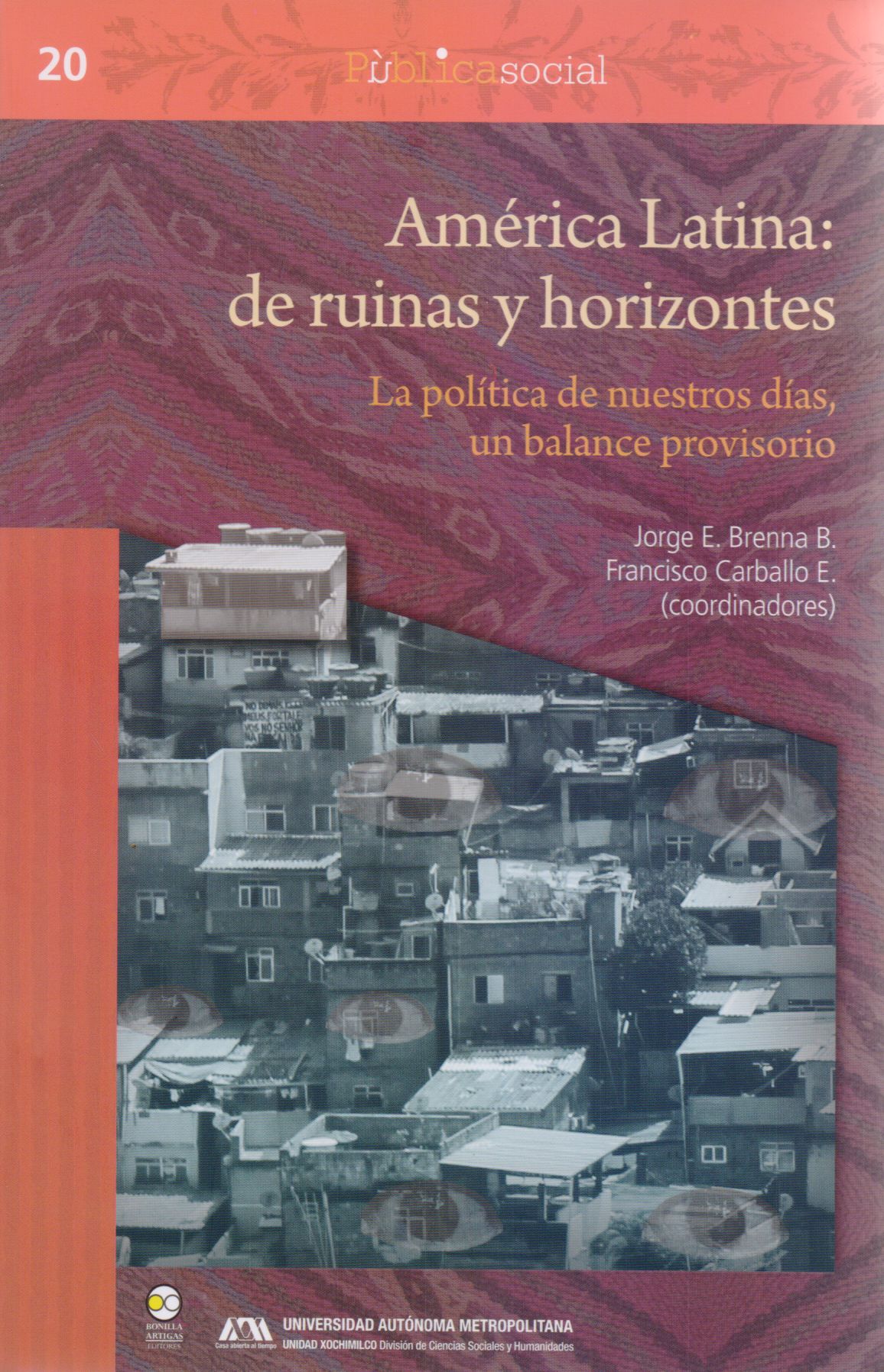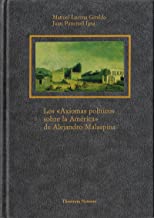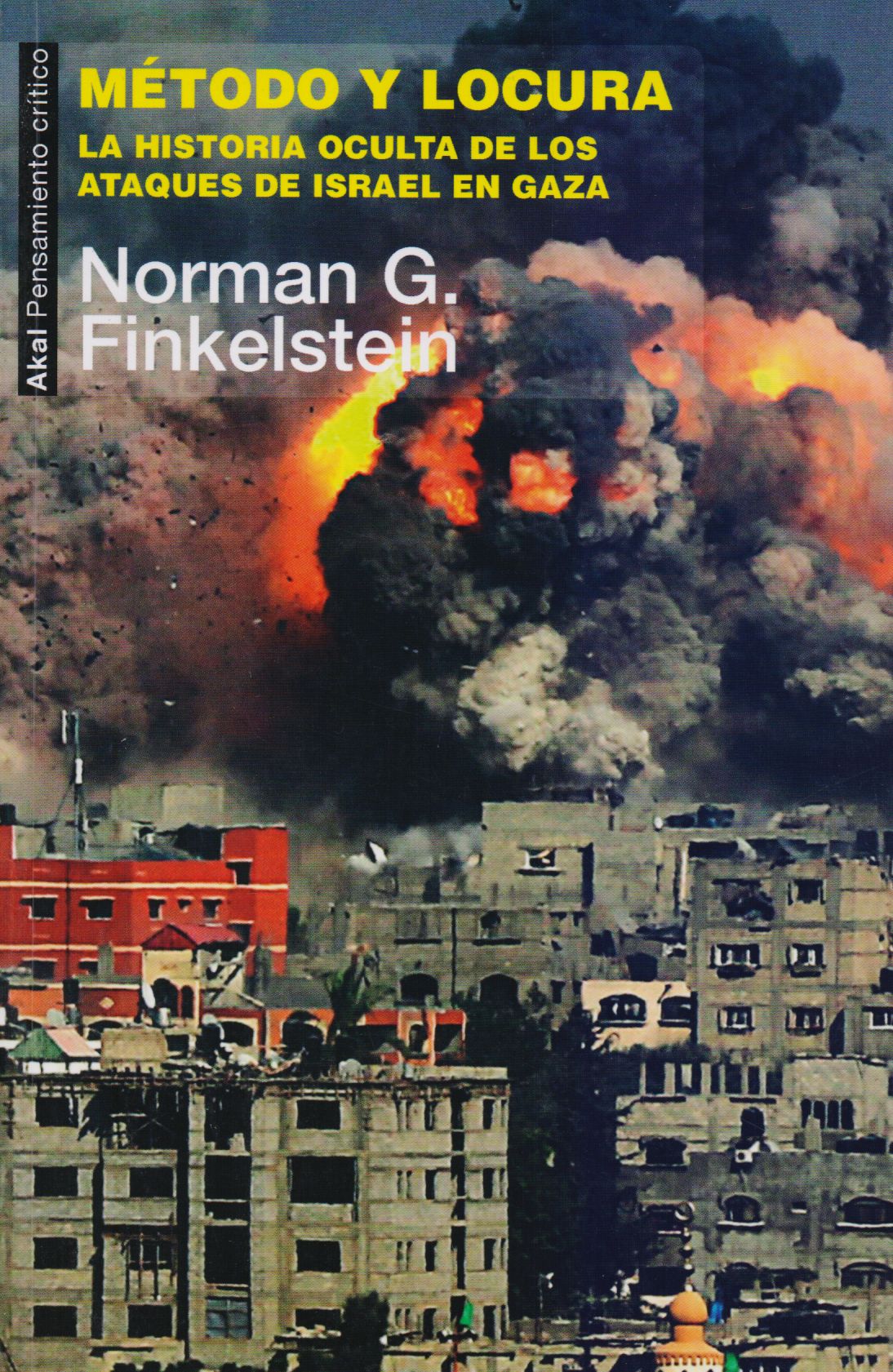Libros relacionados
 |
Nuestro Cónsul en Lima. Diplomacia Estadounidense Durante el Congreso Anfictióni De la Reza, Germán A. Bonilla Artigas Editores |
 |
Desafío de la Democracia, El: un Balance de la Argentina Contemporánea Gaggero, Horacio / Iriarte, Alicia / Roitberg, Humberto Ediciones del Signo |
 |
América Latina: de Ruinas y Horizontes. La Política de Nuestros Días, un Balance Brenna B. , Jorge / Carballo E. , Francisco (Coordinadores) Bonilla Artigas Editores |
 |
<<axiomas Políticos Sobre la América>> Los: de Alejandro Malaspina Lucena Giraldo, Manuel / Pimentel Igea, Juan Doce Calles |
 |
Ensayo Político Sobre la Isla de Cuba (Alejandro de Humboldt) Puig-Samper, Miguel Ángel / Naranjo Orovio, Consuelo Doce Calles |
 |
Narratives Of Identity In Social Movements, Conflicts And Change Hancock, Landon Emerald Group Publishing Ltd . |
 |
Política Económica: Elaboración, Objetivos e Instrumentos Cuadrado, Juan / Mancha, Tomás / Villena, José / Casares, Ja Mc Graw Hill Educacion |


|
Título: Complexity In World Politics: Concepts And Methods Of a New Paradigm | |
| Autor: Harrison, Neil (Ed.) | Precio: $219.45 | |
| Editorial: State University Of New York Press | Año: 2007 | |
| Tema: Politica, Globalizacion, Mundo | Edición: 1ª | |
| Sinopsis | ISBN: 9780791468081 | |
| Despite one hundred years of theorizing, scholars and practitioners alike are constantly surprised by international and global political events. The collapse of communism in Europe, the 1997 Asian financial crisis, and 9/11 have demonstrated the inadequacy of current models that depict world politics as a simple, mechanical system. Complexity in World Politics shows how conventional theories oversimplify reality and illustrates how concepts drawn from complexity science can be adapted to increase our understanding of world politics and improve policy. In language free of jargon, the book's distinguished contributors explain and illustrate a complexity paradigm of world politics and define its central concepts. They show how these concepts can improve conventional models as well as generate new ideas, hypotheses, and empirical approaches, and conclude by outlining an agenda of theoretical development and empirical research to create and test complex systems theories of issue-areas of world politics. | ||
Librería Bonilla SA de CV © Todos los derechos reservados. 2019
Última actualización: Jul 2019





